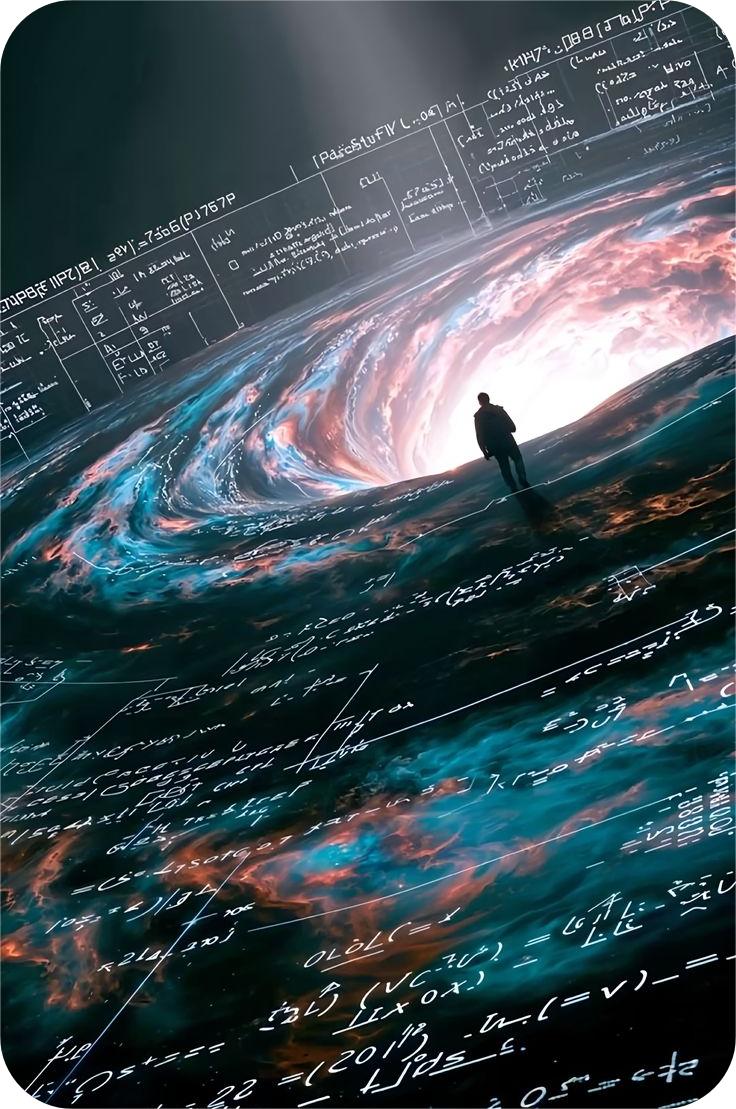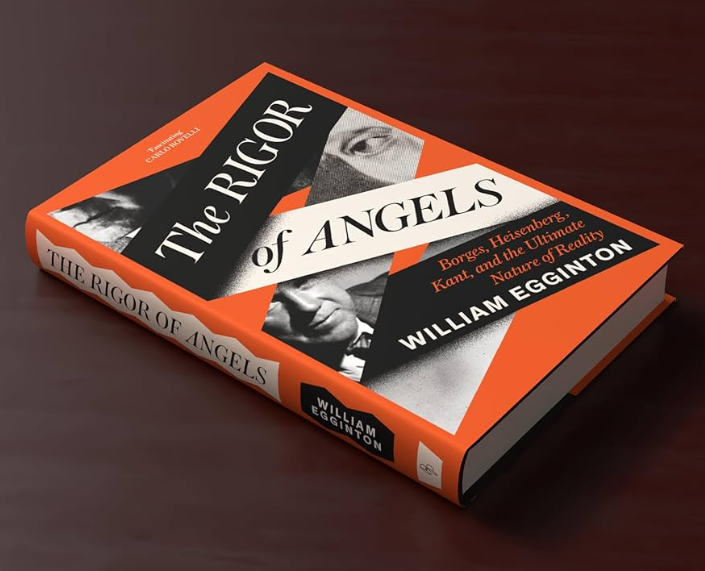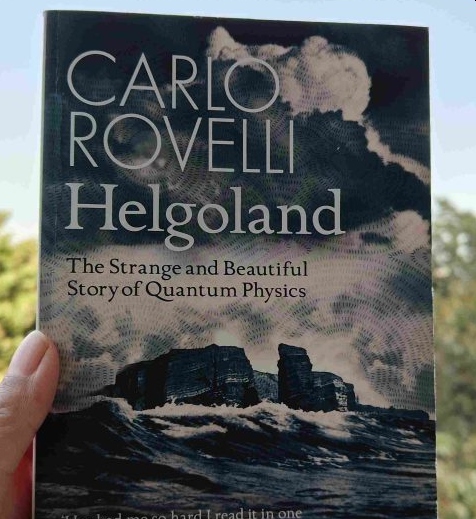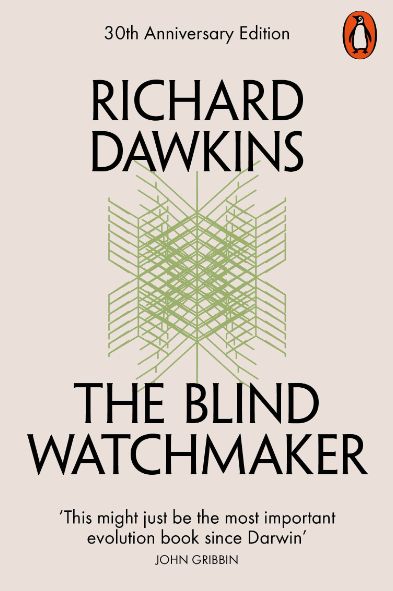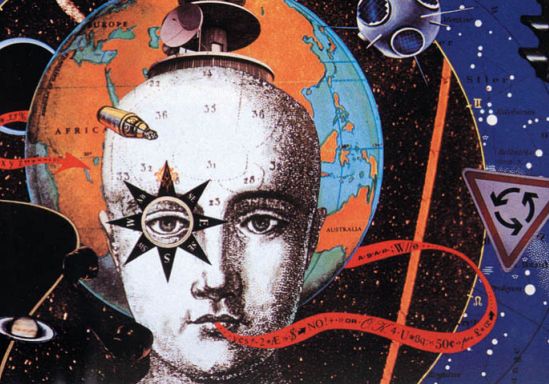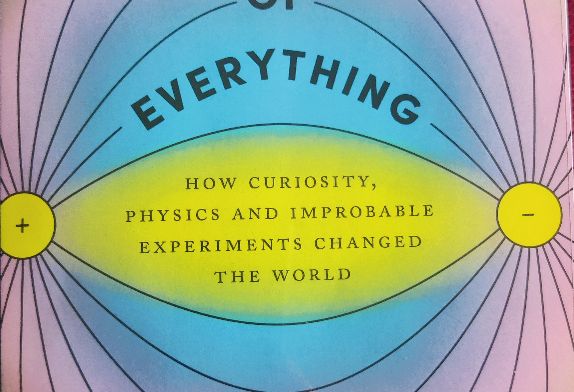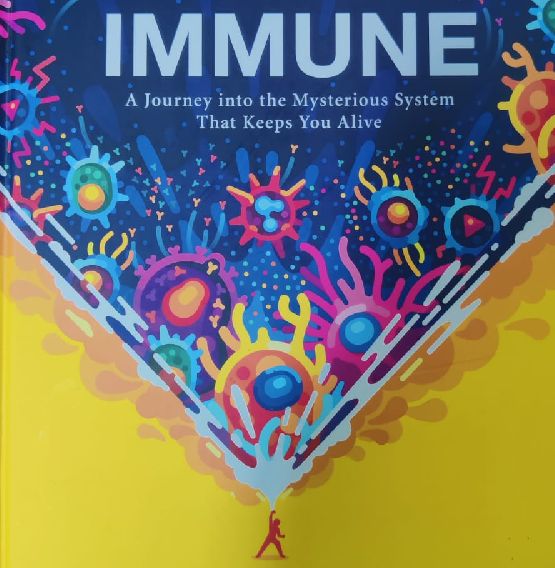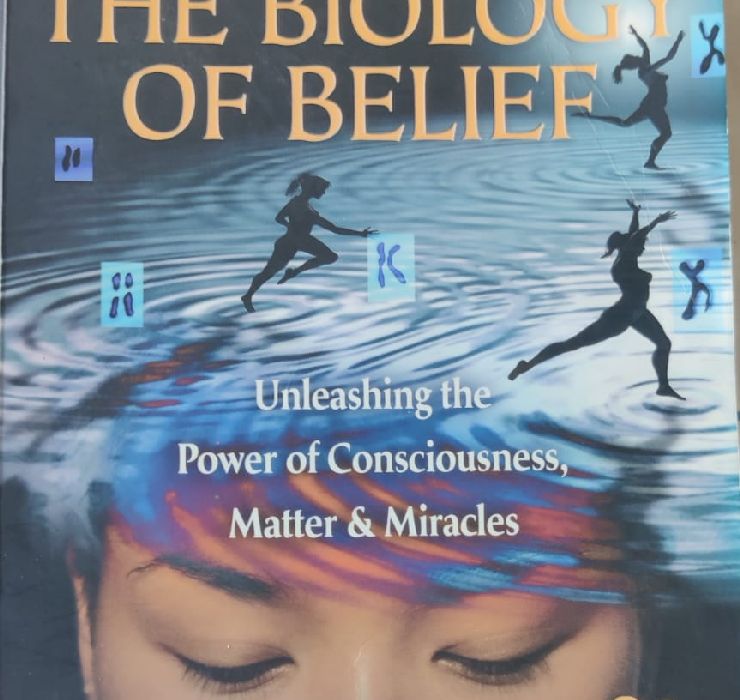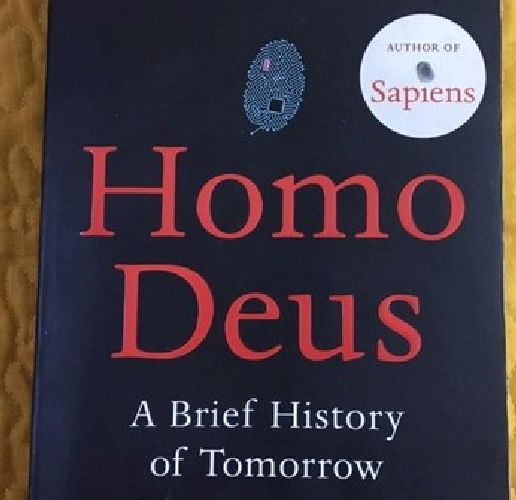What if consciousness isn’t about being smart, but about being stuck? I’m sure there comes a time in most of our life, when we’re standing at a crossroad, torn between two paths. Your logical mind says one thing, your gut says another, and the longer you stand there wrestling with the choice, the more uncomfortable you become. That tension, that sense of being trapped between incompatible options, might be the secret ingredient missing from artificial intelligence.
Read MoreTag: good thinking
Book Review: The Rigor of Angels by William Egginton
I’ve always been drawn to the meeting points between literature, science, and philosophy, and to the big ideas that shape how we understand the world. Egginton’s work centers on literature, intellectual history, and the intersections between literature, science, and philosophy. Those are areas I’m drawn to as well, which is probably why I decided to read, The Rigor of Angels. The book, written by William Egginton was first published in 2023.
Read MoreBook Review: Helgoland by Carlo Rovelli
As travel was on the cards, I decided to pick up a book that’s rich with storytelling, conversational and intriguing, without being a 500-page commitment. Helgoland (170 pages) felt like the perfect choice. I had started it two weeks ago but never found the time to finish it. It was first published in 2020. There’s something about reading while traveling that makes the experience even better. It’s like hanging out with a favorite author…and the best part? They never judge you for rereading the same sentence five times. (lol)
Read MoreInterview: Dr. Sukriti Hans, Material Scientist at LIST, Luxembourg
In a rapidly evolving world where technological advancements meet the growing demand for sustainability, Dr. Sukriti Hans stands at the forefront of materials research. Currently a Junior R&T Associate at the Luxembourg Institute of Science and Technology (LIST), Dr. Hans is playing a pivotal role in developing high-resolution characterization methods that can redefine the future of materials science.
Read MoreBook Review: Timequake by Kurt Vonnegut
“Timequake” by Kurt Vonnegut is a mind-bending book that was first published in 1997. The book explores the concept of “free will” and what it means to be human under the influence of relentless march of time. Vonnegut expounded dark humor and deep insights in the manner of “automatic writing”. Although, the book’s writing is done within the theme of “timequake”. A thought experiment, that is, everyone has to relive the same ten years of their lives over again because there happens to be a glitch in the universe.
Read MoreBook Review: The Blind Watchmaker by Richard Dawkins
I am a big fan of Richard Dawkins works. I have already read his four books, namely, The Selfish Gene, The God Delusion and Brief Candle in the Dark. And I find them remarkable in the sense that he perfectly chooses his words to prove the clarity of his thoughts. As a science educator, his ideas are impeccably backed up with obvious logics. Which promotes scientific and logical understanding to the fundamental questions of persistent false belief held in the face of strong contradictory evidence.
Read MoreBook review: Surfing Through Hyperspace by Clifford A. Pickover
Surfing Through Hyperspace: Understanding Higher Universes in Six Easy Lessons by Clifford A. Pickover hovers around the concept of fourth dimension. In simple words, it’s a walkthrough of higher dimensions. Clifford A. Pickover is an American author, editor, and columnist in the fields of science, mathematics, science fiction, innovation, and creativity. A futurist and science writer, Pickover likes to contemplate realms beyond our 3-dimensional reality. Interestingly, he puts his ideas down on paper for readers like us to experience his visualizations.
Read MoreBook Review: Genius Foods by Max Lugavere
Human brain, is one of the most remarkable developments of evolution. Research has shown that it is capable to develop and adapt throughout our lives. New experiences and environmental changes are instrumental to its ability to reorganize itself by forming new neural connections and pathways. Also called as neural plasticity or brain plasticity. Yet, there are factors that could be detrimental to our brain health. Poor diet, no physical activity, chronic stress, and insufficient sleep are some triggers that can have negative effects on brain function and cognitive performance.
Read MoreBook Review: The Matter of Everything by Dr. Suzie Sheehy
The Matter of Everything is penned by an accelerator physicist Dr. Suzie Sheehy. The book introduces us to the time when physicists were about to unravel the mysteries of matter via exploration of subatomic particles. And it all started with a serendipitous discovery by the German physicist Wilhelm Röntgen, who in 1895, was working with a cathode ray tube in his laboratory. He noticed that the phosphor-coated screen was giving off a green coloured light when exposed to a cathode ray tube.
Read MoreInterview: Wa’d AbuZurayk, a Neurotherapist and Paediatric Occupational Therapist, Jordan
Wa’d AbuZurayk is the first qualified neurotherapist and paediatric occupational therapist in Jordan. She has attained her licensed device from Germany. The device is both FDA and internationally approved. She is also the founder of Ujeed, Child Development Consultations in Amman, Jordan. These days most of her time is occupied with families to create their own unique narrative through neurotherapy, occupational therapy and a pinch of magic. With the help of neurotherapy, Wa’d aims to retrain the brain to develop new skills and increase brain fitness. While at the same time…
Read MoreBook Review: Immune by Philipp Dettmer
As the name suggests, Immune: A Journey into the Mysterious System that Keeps You Alive written by Kurzgesagt founder, Philipp Dettmer talks about the inner workings of the human immune system. A world which totally relies on pathways and chemical signals. And where each and every tiny molecule has a very well-defined role. Dettmer has explained scientific concepts related to human immune system in the most interesting and comprehensible manner. His description of various cellular components metaphors and similes makes it straight-forward to understand and easy to visualize, for instance,…
Read MoreBook Review: The Biology of Belief by Dr. Bruce Lipton
The Biology of Belief: Unleashing the Power of Consciousness, Matter & Miracles by Dr. Bruce Lipton came around the time when epigenetics was peeking over the horizon. The book talks about an individual’s belief system. As per which, thoughts, either positive or negative, have power to change our mental state, and hence our bodies and physical well-being. Understanding in physics graduated steadily. From Newtonian classical physics to Einstein’s theories of relativity followed by quantum mechanics, the physics of sub-atomic particles. According to Dr. Bruce, similar transition was missing in Biology.…
Read MoreInterview: Dr Philipp Simons, Materials Scientist at Massachusetts Institute of Technology
Dr. Philipp Simons recently hit headlines with his new paper on miniature glucose fuel cells for implantable devices. According to him, human body is saturated with glucose hence, harvesting this energy to power implantable devices is an achievable feat. Dr. Jennifer L.M. Rupp from Technical University Munich in Germany, also Dr. Simons’ thesis supervisor, postulated that battery takes up 90% of an implant’s volume. Interestingly, the new fuel cell will mask the implant and power it with no volumetric footprint. Their innovative approach to solve medical problem gave me an…
Read MoreInterview: Dr Federico Paolucci, Research Scientist at Superconducting Quantum Electronics Lab, Italy
Dr Federico Paolucci is a Research Scientist at Superconducting Quantum Electronics Lab (SQEL) nested in Pisa, Italy. He has co-authored papers like Electrostatic field-driven supercurrent suppression in ionic-gated metallic Josephson nano transistors, Bipolar Thermoelectric Josephson Engine and Thermal superconducting quantum interference proximity transistor to name a few. His recent research involves tuning the thermal properties of a superconductor by controlling its spectral characteristics. And this made me intrigued to get in touch with him and requested him to squeeze-in some time from his busy schedule for an interview. Nothing excites…
Read MoreBook Review: Homo Deus by Yuval Noah Harari
Dataism is the new religion! – is the motif running across Harari’s Homo Deus: A Brief History of Tomorrow. As with its predecessor, Sapiens: A Brief History of Humankind, the book deals with evolution and the abilities that humans acquire as we move along the evolutionary scale. And how we process these capabilities only to fabricate a world where there is no place for us.
Read More
